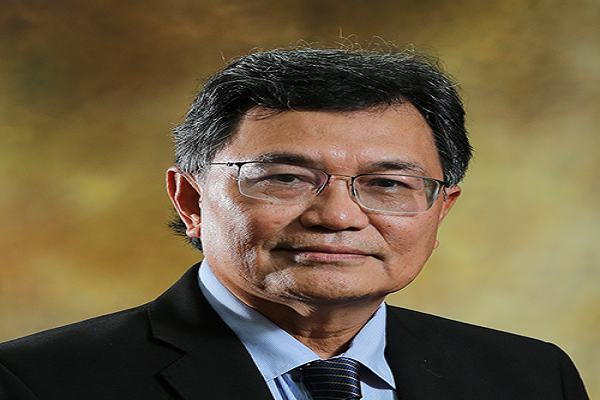Future of Islamic Economy Is Bright, Says Malaysian Scholar

The current IB model which is a deposit taking model (DTM) will not allow IB to use traditional contracts such as real sale and lease, salam and istisna, shirkat and qirad as these contracts are highly risky by nature, Professor Saiful Azhar Rosly added.
Prof. Dr. Saiful Azhar Rosly obtained his Ph.D. in Economics from Universiti Kebangsaan Malaysia. (1994). He mainly teaches Islamic banking and risk management with research interests and publications in Shariah non-compliance risk, the investment account fund, legal and ethical problems besieging the Islamic banking sector such as the lack of pricing theory of Islamic debt instruments, the absence of ownership risk in murabaha financing and the misconception of al-bay as an alternative to riba.
Following is the text of the interview:
IQNA: In recent years, Malaysia and several other countries in Southeast Asia have made large investments in Islamic financing. What is the reason for these investments?
Rosly: (The investments have been) mainly sukuks (Islamic bonds) as they can be purchased by both Islamic and conventional investors.
IQNA: Islamic financing has been welcomed in European countries and the United States. Why do you think non-Muslims are also interested in using Islamic financing services?
Rosly: Most probably Muslims minorities have a say in the US Congress.
IQNA: What do you think is the biggest positive thing about Islamic finance?
Rosly: Small is beautiful. They are not exposed to toxic derivatives.
IQNA: What is the biggest challenge to expanding Islamic finance in the world?
Rosly: The biggest challenge is that IF has no underlying theory. It is now converging into mainstream finance especially in pricing. Shariah board members have little understanding of the complex finance and banking business and risk strategies.
IQNA: In your country, how does the government support institutions and companies providing Islamic financing services?
Rosly: In Malaysia, Islamic finance has received tremendous government support as new laws (Central Banking Act, IFSA 2013, SGPD 2019) were enacted and enhanced to support Islamic financing services.
IQNA: What do you think is the future of Islamic finance in the world?
Rosly: The future is bright if Islamic banking (IB) ceases to collect deposits to extend financing.
The current IB model which is a deposit taking model (DTM) will not allow IB to use traditional contracts such as real sale and lease, salam and istisna, shirkat and qirad as these contracts are highly risky by nature. They are also real sector contracts that can positively contribute to economic growth and employment.
At the same time these contracts can reduce income disparity and provides stability to the IBs. However, the DTM requires IB to hold large amount of capital to support risky business which many IBs are not capable of doing as most of them are small banks.
Basel regulation requires DT banks to hold capital against their loans. Highly risky loans will invite high capital charges. This is because risks in loans/financing must be carried by IBs and not depositors who do not take risks in the money deposited.
The only way out is for IBs to use investment account funds to finance traditional contracts. The DTM has been wrongly chosen by the Islamic banking founder fathers. It has led IBs to mainly depends on debt contracts such as tawaruq that behaves like interest bearing loans.
Interview by Mohammad Hassan Goodarzi



